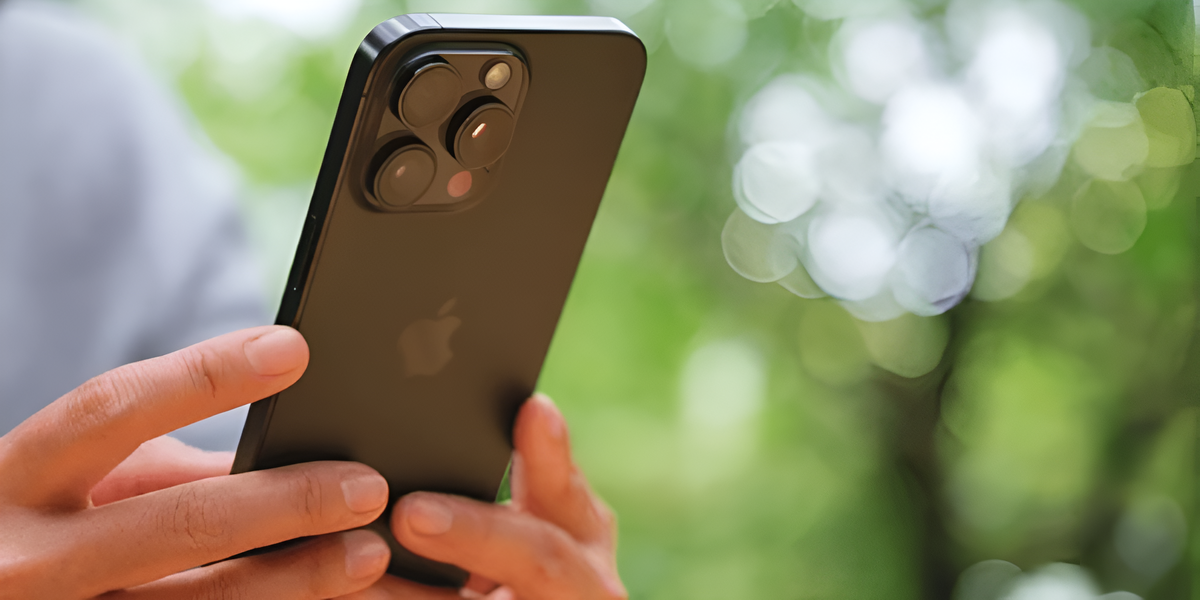You are probably familiar with this situation. You’re in bed, it’s dawn, the lights are off, but you can’t sleep. You stare at the ceiling, you feel like sleep has left you, and the anxiety of not being able to sleep makes you even less sleepy.
Waking up in the middle of the night is normal. In most cases, this lasts for a few seconds, so we don’t notice it. Sometimes we wake up to go to the bathroom, but after a second contraction, we fall asleep almost immediately. But if it happens repeatedly, every day, or almost every day for a long period of time, it could be a sign of other problems, such as insomnia.
It is estimated that 25 to 35% of the adult population suffers from occasional or temporary insomnia, especially during stressful situations. And 10 to 15% suffer from chronic insomnia. If you belong to the second group, you should contact a specialist. In case this happens to you from time to time, there is a very good trick that I can help you with.
The most common reasons that prevent us from sleeping
First, it is important to understand the main reasons why we currently find it difficult to fall asleep and sleep well every night.
- Smartphones: Watching screens shortly before bed does not help our rest. Constant notifications from social networks do not help and what is strange to see stories And tweets constantly neither. It’s good to stop looking at your cell phone at least 30 minutes before bed. The latest versions of iPhone and Android operating systems have features that enable night mode and sleep routines that turn off screens before bed.
- Eat late: Eating late before bed can cause trouble sleeping or wake us up at night due to indigestion, heartburn, or stomach pain.
- stress: This is one of the main reasons why we find it difficult to sleep. Anxiety and tension due to work or some kind of personal problems usually disrupt sleep cycles.
- Alcohol: The process of alcohol metabolism is usually enough reason to destabilize our sleep patterns. It also means more trips to the toilet in the middle of the night and an increased heart rate.
- Caffeine: A large amount of coffee during the day, especially after 14 or 16 hours, negatively affects our sleep.
- Lack of Exercise: Lack of physical movement is usually the determining factor, so at night we cannot sleep well.
- Noise, light, temperature and other external factors: Our ecosystem inevitably has a positive or negative impact on our sleep habits. Loud noise from the street, a lot of street light, heat and other external phenomena can affect our vacation.
It is important to consider all of the above, because one or more of these points may affect your holiday. In this case, no matter how many tricks we apply to sleep, there are more serious conditions that complicate our sleep.

How to fall asleep quickly after waking up in the middle of the night
For adults under the age of 65, it is extremely important that they get seven to nine hours of sleep and rest every day. Many experts even recommend going to bed before 12 noon. It’s also important to maintain as strict a schedule as possible for going to bed and waking up.
But yes, there are times when waking up at night is unavoidable. And sometimes we stare at the ceiling, bewildered by the fact that we can’t fall asleep again and the desire to sleep. In such cases, the best way out is to simply get out of bed.
Yes, as counterproductive as it sounds, getting out of bed helps. If 20 minutes have passed and you are still awake, changing rooms, reading, or listening to relaxing music may help.
According to Dr. Louis F. Buenaver, a sleep expert at Johns Hopkins Hospital, being in bed can cause your brain and body to associate it with being awake rather than sleeping. Once that desire to sleep returns, you can return.
Buenaver recommends that if you’re changing rooms because you can’t sleep, under no circumstances look at your mobile or turn on your TV. Exposure to light from screens can trigger alerts and make it even harder to fall asleep.
He also recommends not looking at the clock. Counting missed minutes of sleep increases stress and anxiety, making it even more difficult to regain the desire to fall asleep.
If all else fails, you probably need to see a specialist and find out if there is a disorder behind the lack of sleep that is preventing you from getting the hours of sleep you need.
Source: Hiper Textual












